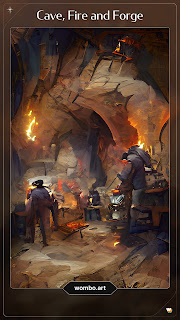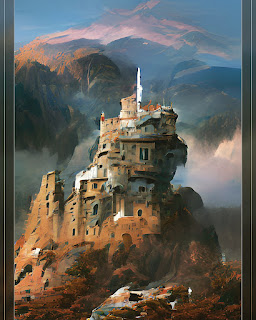The Tardy Cherub

Cupid snoozed—his alarm betrayed, Wings askew, his bow mislaid. Love showed up a moment late, Blushing, breathless, tempting fate. Turns out hearts still fell just fine— Even tardy arrows hit on time.
HEAD(hed), (n.) 1. the top part of the human body or the front part of an animal where the eyes, nose, east and mouth are. "Your brain is in your head."
DIBS(dibz), (n.) 2. a thick, sweet syrup made in countries of the East, especially the Middle East, from grape juice or dates. [Arabic "debs"]--World Book Dictionary, 1976.











